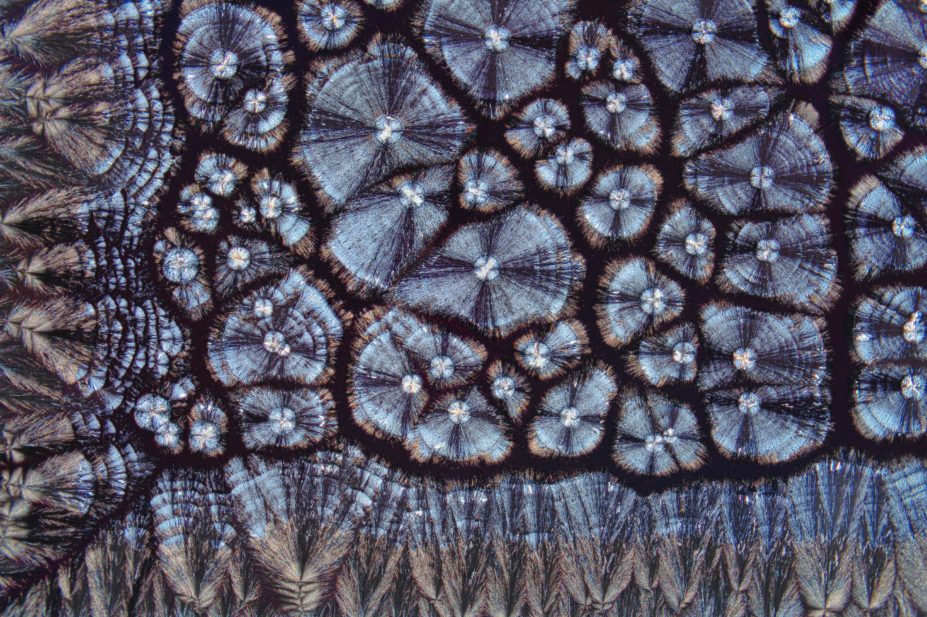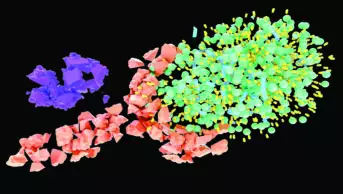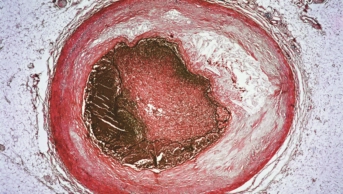
Antonio Romero / Science Photo Library
The relative benefits of non-statin cholesterol-lowering treatments, including diet, have similar benefits to statins in reducing the risk of heart attack and stroke, a large meta-analysis has revealed.
Researchers looked at data from 49 trials involving 312,175 patients covering nine different options for lowering low-density lipoprotein cholesterol (LDL-C) and found that the use of statin and non-statin therapies achieved similar relative risks of major vascular events.
Reporting in JAMA
[1]
(online, 27 September 2016), the researchers say that the key seems to be the rate at which ‘bad’ LDL-C is reduced rather than the treatment chosen.
The authors recommend that statins should be the first treatment chosen, when tolerated, given the large reduction in LDL-C they produce, their low cost (most are available as a generic), excellent safety record and proven clinical benefit.
But say that their research “raise[s] the possibility” that other interventions — specifically diet, bypass surgery, ezetimibe and bile acid sequestrants — may provide additional options to get the same clinical benefit.
“The clinical value of adding specific non-statin interventions to lower LDL-C to background statin therapy should be confirmed in appropriately powered clinical trials,” they say.
The team divided up the interventions into four groups: statins; therapies that work mainly by upregulating LDL-receptor expression, such as diet, bile acid sequestrants, ileal bypass and ezetimibe; those that work through different mechanisms, such as fibrates, niacin and cholesteryl ester transfer protein inhibitors; and PCSK9 inhibitors.
The analysis showed a 23% reduction in relative risk for major vascular events per 1mmol/L drop in LDL-cholesterol for statins.
For the treatments that increase LDL receptor expression, the relative risk reduction was statistically similar at 25%. The other therapies looked at did not have the same impact.
A clear link was shown between the extent of lipid lowering achieved and the resultant reduction in risk of major coronary events.
In primary prevention trials — where patients have not yet had a vascular event — there was a 1.5% drop in risk per 1mmol/L reduction in LDL-cholesterol.
For those who were taking therapies to reduce their risk after already having a heart attack, their risk fell by 4.6% per 1mmol/L fall in LDL-cholesterol.
Commenting on the research, Peter Weissberg, medical director at the British Heart Foundation, says reducing cholesterol is an effective way of reducing the risk of a future heart attack or stroke.
“This analysis supports previous findings that it’s the lowering of ‘bad cholesterol’ – or LDL cholesterol – that really matters when it comes to preventing heart attacks, and not the means by which it is achieved.
“Statins are a safe and effective way of lowering cholesterol, and this study helps to dispel the notion that statins work in ways that are unrelated to lowering cholesterol,” he adds.
Weissberg also points out that most of the studies in the review were of patients taking statins — for example, only 4 trials out of 49 were assessing diet — and some other approaches in the analysis, such as bowel surgery, were not a viable option for patients.
“Patients on statins should be reassured that by lowering their cholesterol levels they are helping to protect themselves from future heart attacks and strokes,” he says.
References
[1] Silverman M, Ference B, Im K et al. Association between lowering LDL-C and cardiovascular risk reduction among different therapeutic interventions: a systematic review and meta-analysis. JAMA 2016;316(12):1289-1297. doi: 10.1001/jama.2016.13985


